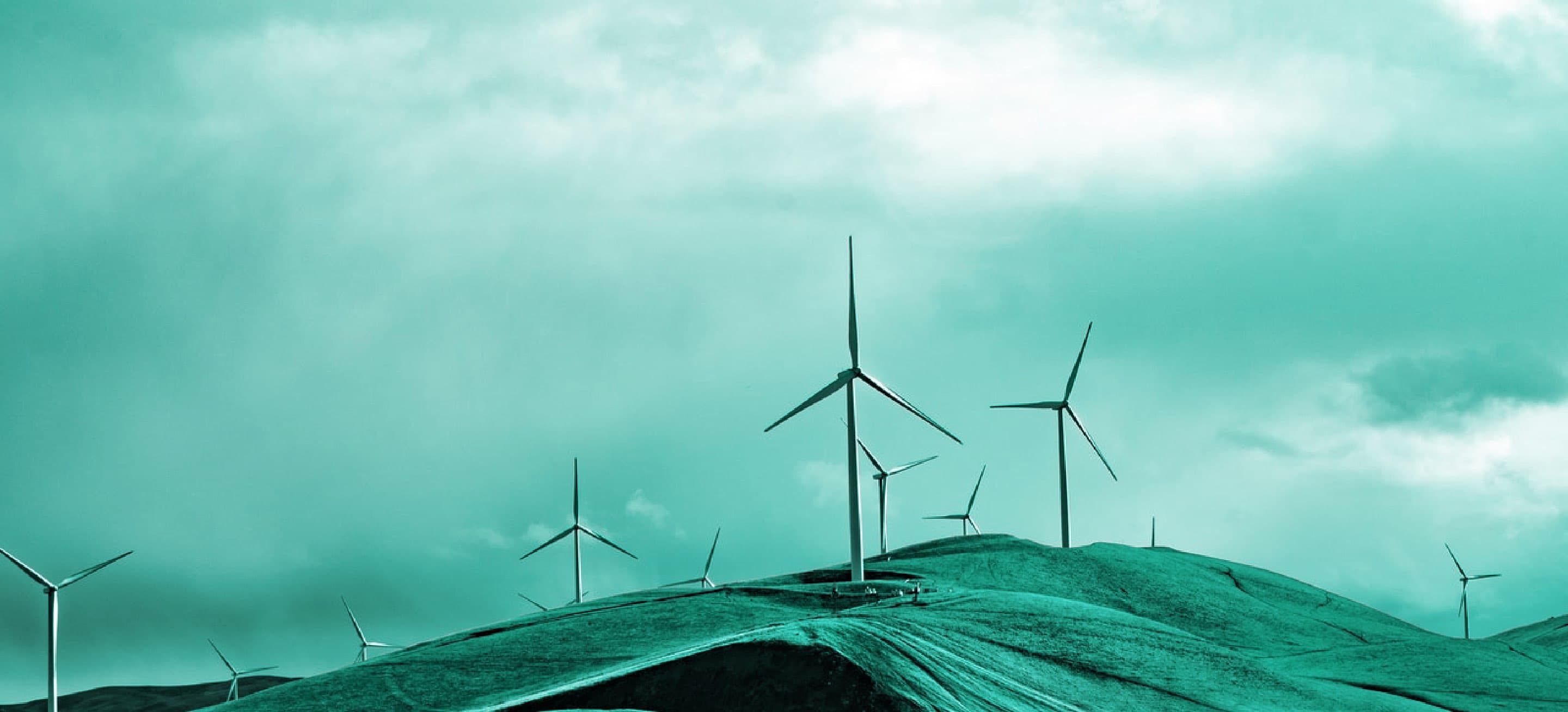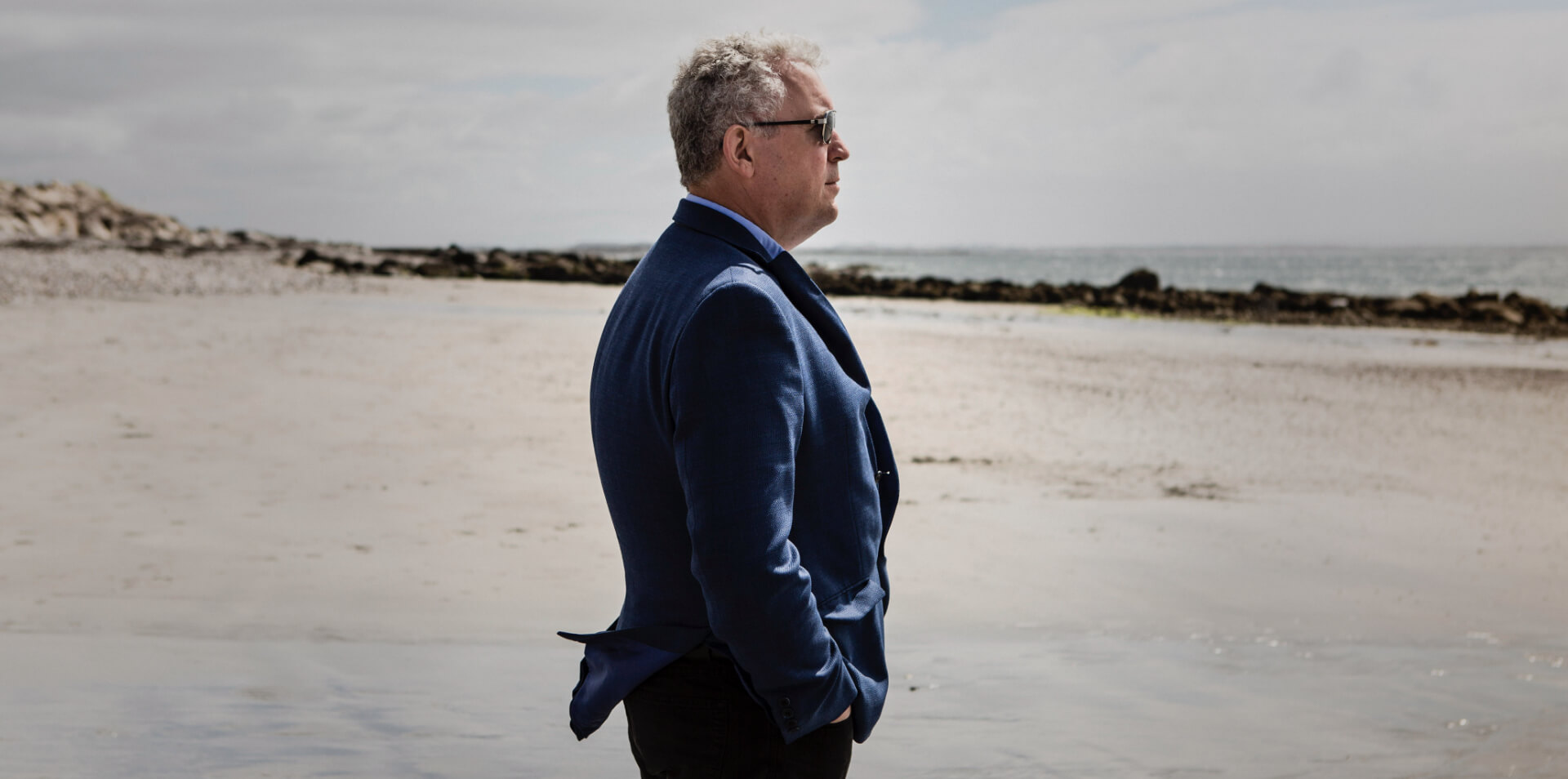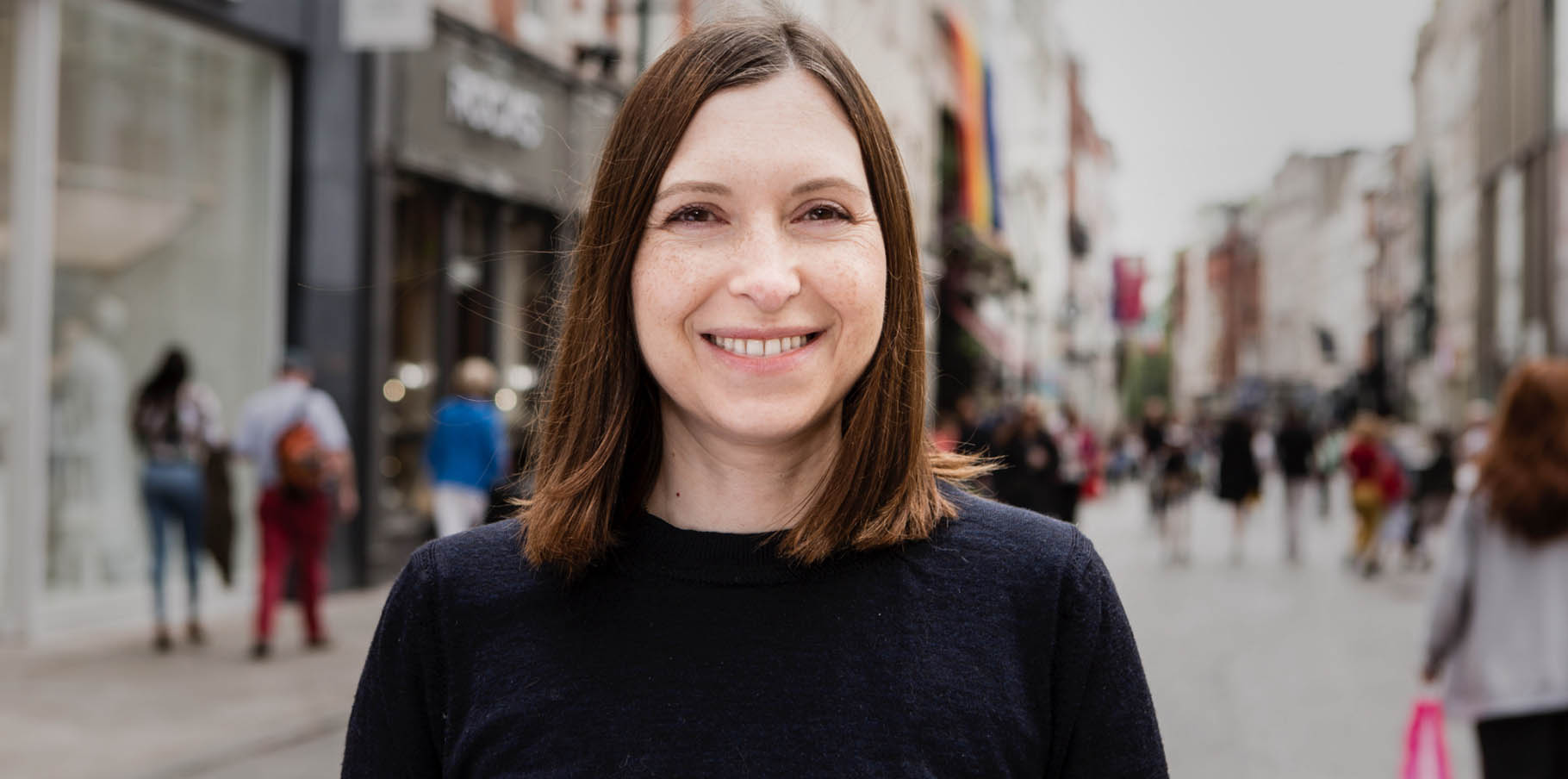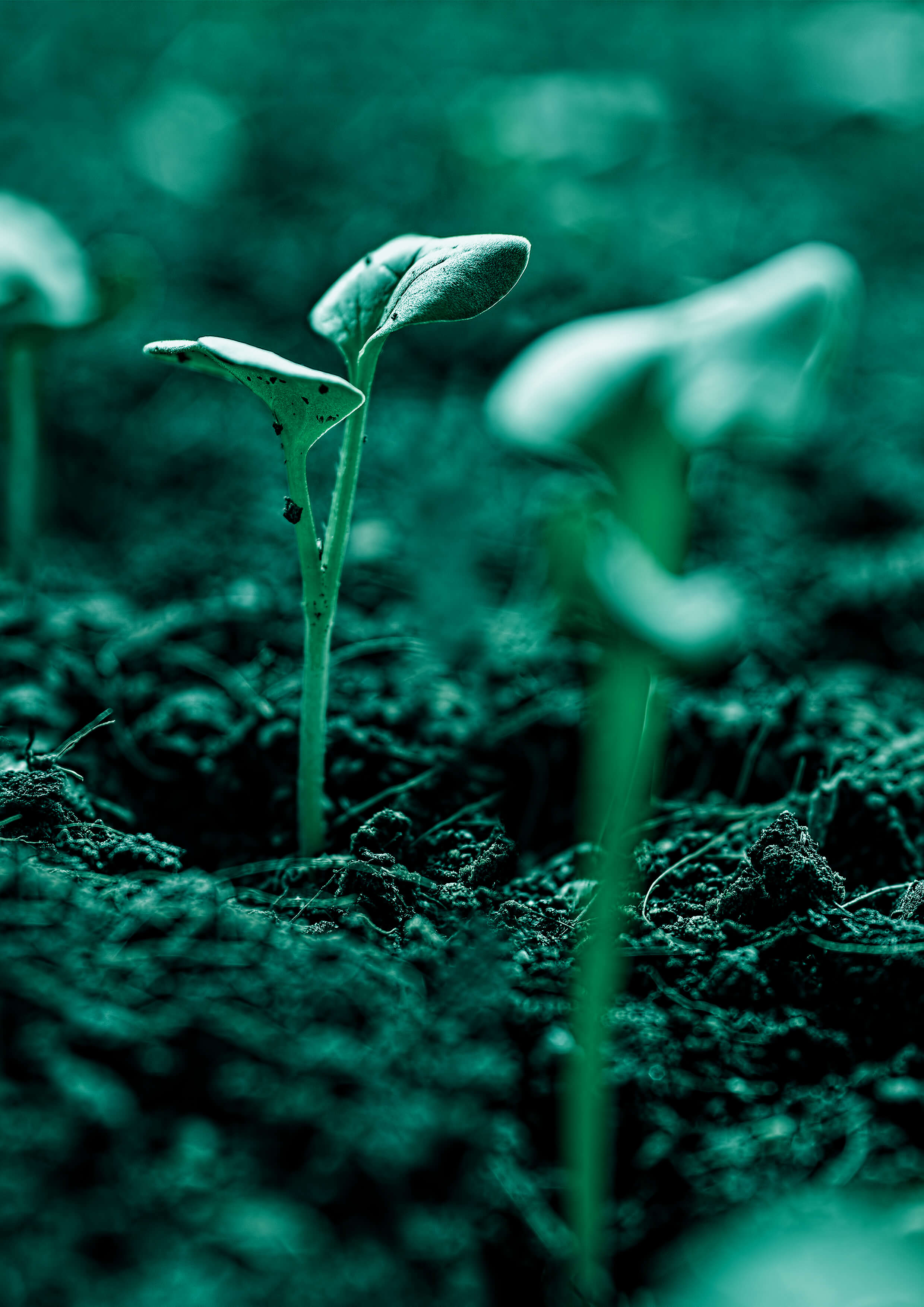Ireland fared relatively well during the Covid-19 pandemic. But beyond the crisis lies the longer-term challenge of sustainability.
Despite a surprise fall in greenhouse gas (GHG) emissions by almost six per cent during 2020, the country is one of the most fossil fuel-dependent economies in Europe, a fact its government and associated agencies are determined to counter.
Already, there are some definite positives on the horizon. The Climate Action Bill, which passed into law in July, sets an ambitious framework to achieving carbon neutrality by 2050, and to cut emissions by 51 per cent between 2018 and 2030.
“The climate bill writes into law the targets that each sector will be charged with delivering… and penalties will apply if targets are not met. Individual ministers will be responsible,” says Joseph Collum, Green Economy Project Manager at IDA Ireland, the government agency responsible for attracting foreign direct investment. Collum believes that if the goals are achieved, it will move Ireland to “leadership status” within Europe.
GHG emissions will reduce by seven per cent annually up to 2031.
Decarbonisation is vital in order to combat climate change, and Ireland has an advantage in abundant renewable energy sources. It generates a greater proportion of its electricity from onshore wind than any other country in the world, but must now turn its attention offshore.
“Ireland has one of the best offshore wind resources in the world, and with the right level of ambition, we could ultimately be a global leader in renewables, exporting green energy internationally,” says Stephen Wheeler, Ireland Country Lead at energy company SSE, which, as the largest wind farm operator in the country, is accelerating plans for offshore farms.
“There is enormous potential in renewables, but there’s work to be done,” says Tomás Sercovich, CEO of Business in the Community (BITC), an organisation that advises on sustainability and corporate social responsibility. He echoes concerns from industry bodies such as the Irish Wind Energy Association (IWEA) that both the planning and grid systems will need revamping if Ireland is to achieve its “70/30” target: generating 70 per cent of its electricity from renewables by 2030.

Ireland’s carbon tax rate of €26 per tonne is expected to rise to €80 per tonne by 2030.
36.3 per cent – up from 32.5 per cent in 2019.
Stephen Prendiville, Head of Sustainability at EY Ireland, says that multinational corporations (MNCs) attracted to the country by IDA Ireland over the years will be vital to progress. “We have great innovation ecosystems in Ireland made up of some of the best and biggest multinationals in the world. We need them to help us achieve those green targets.”
Sercovich agrees that MNCs add a rigour partly driven by stakeholder pressure and the shift to sustainable finance: “What they bring to the equation is a global perspective. They’re very exposed to people like Larry Fink [CEO of BlackRock, the world’s largest asset manager] who are telling them, ‘You’re not doing enough’.”
IDA Ireland, for its part, wants the country to be “one of the best in the world for attracting sustainable FDI”, says Collum, who notes that currently two-thirds of IDA Ireland’s 100 top client companies are members of the global initiative Carbon Disclosure Project, which helps companies publicly disclose their environmental impact each year.
Collum points to initiatives by high-profile MNCs such as Google, Apple and Amazon as showing the way forward. “Multinationals will lead the way in terms of their know-how,” he says. Among numerous examples, Amazon is investing in wind farms in Galway, Donegal and Cork to power its data centres and deliver electricity to the grid. In Tallaght, South Dublin, it aims to use waste heat from its data centre to heat nearby office buildings, the first large-scale district heating network of its kind in Ireland and the UK. Astellas, the leading Japanese pharmaceutical MNC has recently won the Energy Team of the Year award at the 2020 SEAI Energy awards run by SEAI, Ireland’s national sustainable energy authority.

Ireland aims to develop 5 GW of offshore wind by 2030.

IDA Ireland’s four-year strategy, Driving Recovery & Sustainable Growth, has sustainability as one of its key pillars. It aims to position Ireland as a home for MNCs at the forefront of the green transition.
The agency recognises that sustainability must extend through the supply chain, and is committed to deepening links between MNCs and Ireland’s indigenous small and medium sized enterprises (SMEs). As Collum notes: “As multinationals decarbonise their supply chains they will be looking for suppliers that are decarbonised, so there is potentially a win-win there for companies that will invest more to become carbon neutral.”
In this regard, the five-year Climate Ready programme, aimed at upskilling SMEs to manage climate risks and thrive in the green economy, is described by BITC’s Sercovich as an initiative with “huge scope”. The Irish government recently announced Climate Enterprise Action Fund, worth €10m, that will also help companies move onto a more sustainable footing.
EY’s Prendiville, for one, believes Ireland, with its agile talent base, has the capacity to become a hub of green expertise — and ultimately should aim to be a leader on sustainability, not a follower. “The scale of ambition shouldn’t be just to deliver on our climate ambition,” he concludes, “it should be to incubate an entirely new global industry.”

Ireland’s 100 top client companies are members of the global initiative Carbon Disclosure Project.





















